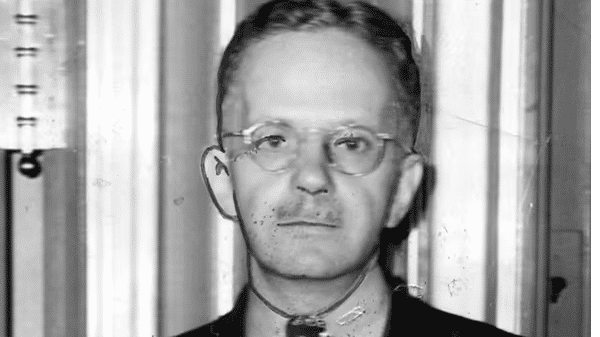Civil rights activist Walter Francis White was known for identifying himself as a black man to investigate racial violence and crimes
like lynching against African-Americans. The New York Times obituary called Walter a “negro by choice.”
Walter, a resident of Harlem with pale skin, blue eyes,
and blonde hair was a product of a lineage of white owners parenting children
with their slaves.
A.J. Baime ,
author of Walter’s biography ‘White Lies: The Double Life of Walter F. White
and America’s Darkest Secret’ is set to publish the book on February 8, 2022.
Also Read: US Supreme Court pick could usher in new era for Black women in law
According to New York Post, Baime stated, “It stuns
me how few people have heard his story.”
Walter, born in 1893, spent his childhood years in
Atlanta. The city was deeply affected during the racial riots of 1906. Walter
had described that during the riots, a group of white men showed up at his doorstep. His
father had then handed him a shotgun to shoot anyone who crossed the edge of
the lawn. Although the intricacies of the incident aren’t confirmed, the
experience became a turning point in the activist’s life, and he later wrote, “After
that night I knew I never wanted to be a white man. I knew which side I was
on.”
Also Read: University of Maryland separates Asians from ‘students of colour’, faces backlash
As an adult, Walter began working with the National Association for the Advancement
of Colored People (NAACP), a civil rights organisation. He then
relocated to New York City in 1918 for an executive job at the organisation’s
headquarters.
Also Read: The Legacy Museum: Revisiting America’s history on slavery and racism
Walter also went undercover to investigate the
infamous Tulsa Race Massacre of 1921. A black neighbourhood was scorched to
the ground during the massacre after an African American teenager was accused
of raping a Caucasian woman in an elevator. The teenager had only accidentally
stepped on the woman’s toe.
Walter
performed over 40 investigations in his career to deeply analyse racial violence
and intolerance. Walter
passed away in 1955, succumbing to a cardiac arrest.






